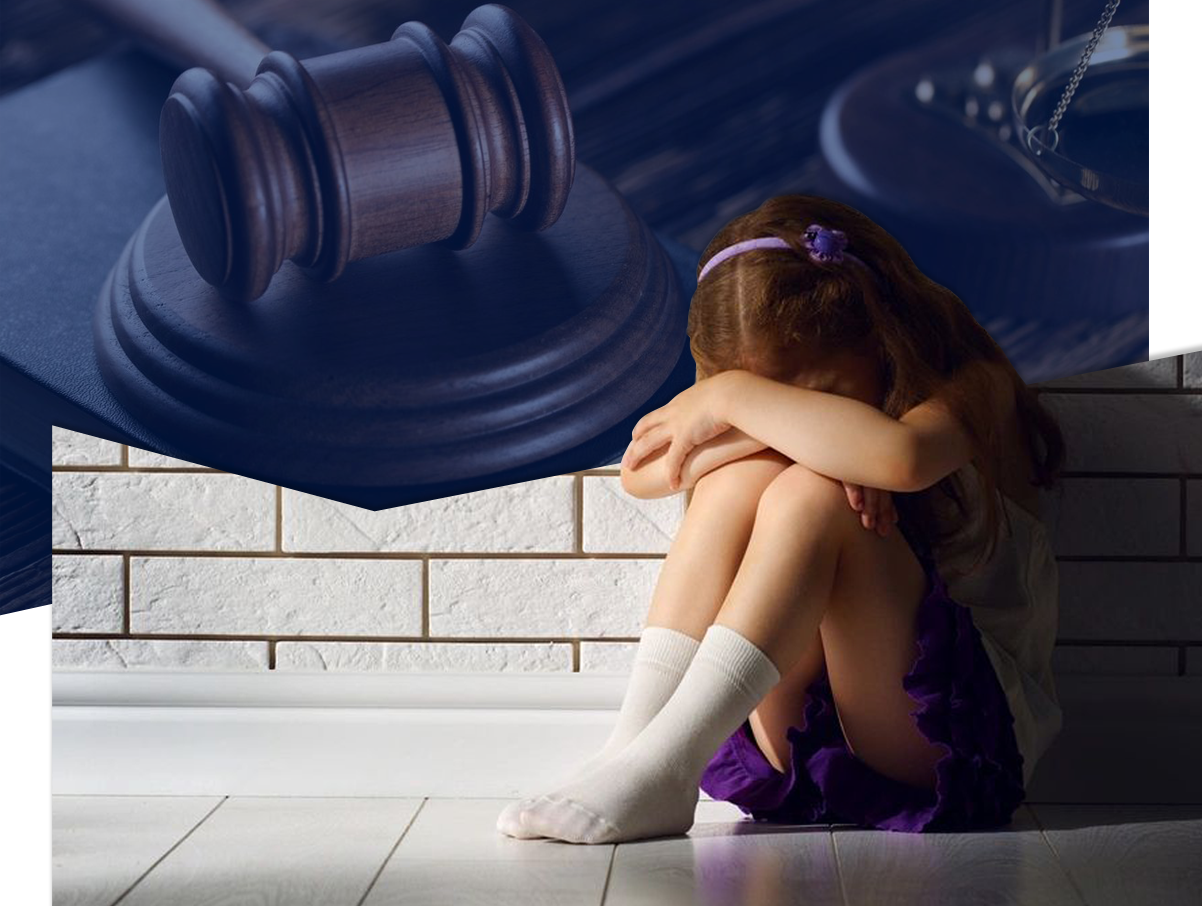A/N/D
Professionals who are involved in child abuse, neglect and dependency cases refer to them as “A/N/D cases.” Section 2151.03 of the Ohio Revised Code defines child neglect. Section 2151.031 of the Ohio Revised Code defines child abuse. Section 2151.04 of the Ohio Revised Code defines child dependency. If the situation fits a one of the definitions, a family can become involved in an A/N/D case. Yes, there are some parents who have purposefully failed their children and intentionally harmed them, but there are also those who did not do anything on purpose and had no bad intent. It is those parents who can be helped and have their families put back together.
The Agency
“The Agency” goes by many names: CPS, Children’s Services, Child Protective Services, etc. No matter the name, the Agency’s role is to stop the abuse, neglect, or dependency, and put together a plan of action to reunite the parents and the children if at all possible. This is called a “Case Plan.” Thus, if the parents have good intentions and the proper legal guidance, surviving an A/N/D case isn’t just possible; it’s very probable.
The Road Map
Once the Agency has started an A/N/D case in Court, the course of the case looks like this:
1.) Shelter Care Hearing – this is where the Court determines if the children’s situation is bad enough to warrant removal of the children and placing them with a relative or foster parent on a temporary basis.
2.) Adjudication Hearing – this is where the Agency presents its evidence to the Court and the Court determines if the situation fits the definition of child abuse, child neglect, and/or child dependency. The parents may also present evidence to prove to the Court why the situation does not fit any of the definitions.
3.) Disposition Hearing – if the Court determines the situation fits any of the definitions, the Disposition Hearing is where the Agency presents the Case Plan to the Court. The Case Plan will list the things the parents have to do to correct their circumstances or change their behaviors to benefit the children and the family as a whole.
4.) Review Hearings – generally scheduled every 6 months, these are where the Judge brings the Agency and the parents back into court to review the parents’ progress in working the Case Plan. If the parents do a good job, reunification with the children can occur sooner than later. If the parents cannot pull it together over the course of a Case Plan (which could last as long as a year or two), the Agency could move to terminate the parents’ rights to the children. Then, custody of the children will either go to a relative, friend, or a foster family.
Connect With Me
For additional information about my services, please get in touch with me today. I look forward to hearing from you.

